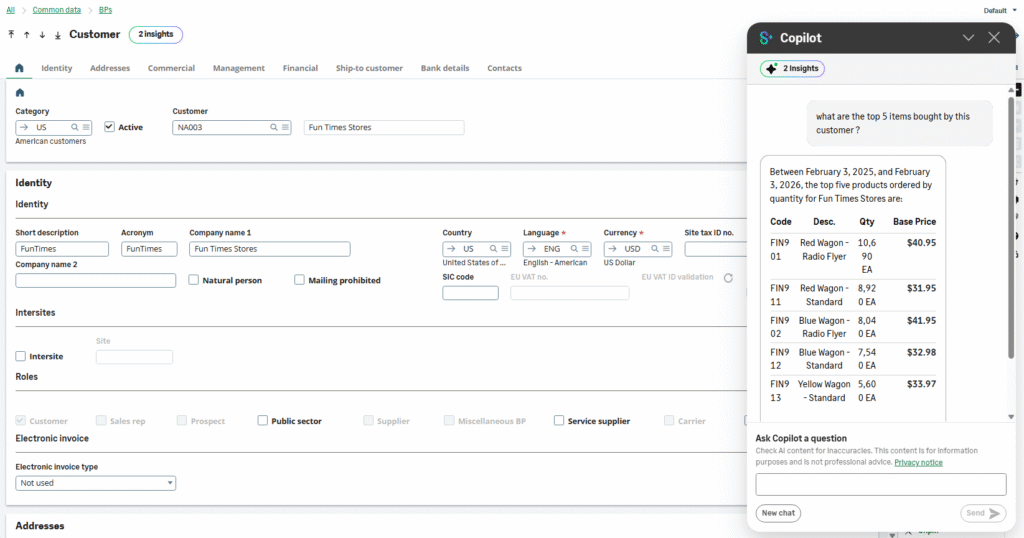Enterprise Resource Planning (ERP) systems are crucial in managing most business processes, making the selection of an ERP system critical for organizations.
navigate the myriad ERP solutions, many companies or CFOs hire ERP selection consultants for their expertise, often paying $20,000-$100,000 in the middle market for help in picking the right system for their needs.
However, these consultants, like any other professionals, are susceptible to biases that influence the outcome of the selection process. Some are so biased they act as essentially paid spokespeople for a particular vendor.
In this blog, we will explore 5 biases that can arise in ERP selection consultants and the impact they can have on the decision-making process.
1. Vendor affiliations create a conflict of interest: ERP selection consultants often have established relationships with specific vendors or resellers. These relationships can create a bias towards recommending those vendors, even if they may not be the best fit for the organization’s needs. Consultants often receive financial incentives or perks from vendors, consciously or subconsciously affecting their recommendations.
Most common is the same ERP selection consultant being paid to implement the software that is chosen, adding many thousands of dollars of revenue for themselves if a particular vendor is chosen over another.
It is important for organizations to be aware of these affiliations and question the motives behind consultant recommendations.
2. Preconceived notions about industry standards: ERP selection consultants may have preconceived notions about industry standards and best practices. While experience and expertise are valuable, rigid adherence to industry norms can lead to overlooking alternative solutions that could be a better fit for a particular organization.
It is essential for consultants to remain open-minded and consider diverse options to ensure the selection process is unbiased.
3. Confirmation bias: All people, including ERP selection consultants, may develop a bias towards confirming their initial beliefs or assumptions. This bias can hinder the exploration of alternative options and limit the range of choices presented to the organization.
Organizations should require consultants to share what percentage of their entire client base chose each available ERP solution on the market. If they always recommend the same solution, what are you paying for?
4. Limited knowledge or experience: ERP selection consultants may lack comprehensive knowledge or experience across a wide range of ERP systems. Requests from consultants who are new to a particular industry or unfamiliar with best-in-class cloud functionality available. This limitation can lead to biases favoring solutions they are more familiar with or have previously implemented.
Organizations should ensure that consultants possess a deep understanding of various ERP systems and have experience working with a diverse range of clients.
5. Overemphasis on Technical Features: ERP selection consultants often focus heavily on technical features and functionalities while neglecting the importance of the organization’s unique requirements and strategic goals. This bias can result in a mismatch between the selected ERP system and the organization’s specific needs.
Consultants should prioritize understanding the organization’s business processes and aligning the selection criteria with the strategic objectives.
Final thoughts
Selecting the right ERP system is crucial for the success of any organization, and ERP selection consultants can provide valuable guidance throughout the process. However, it is important to recognize that both deliberate and unconscious biases can influence their recommendations.
Organizations must approach the selection process with skepticism, actively questioning and challenging the recommendations provided.
By fostering open communication, encouraging diverse perspectives, and ensuring consultants consider a broad range of options, you can mitigate biases and make informed decisions that align with your unique requirements.







